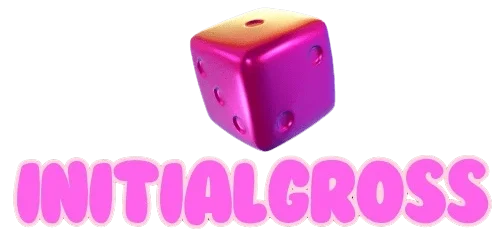The Evolution of the Best Games Through PlayStation and PSP History
From its earliest days, the PlayStation brand has been associated with groundbreaking creativity and high-quality gaming experiences. The consistency with which PlayStation delivers the best games has set it apart from competitors and helped cultivate a loyal worldwide fanbase. The original PlayStation introduced players to immersive 3D environments and ambitious storytelling, ushering in a new era of gaming. Over time, each new console has built upon this foundation with technological advancements that enable richer worlds, smoother gameplay, and deeper emotional engagement. The legacy of PlayStation link login eropa99 games is a testament to the platform’s ability to adapt while maintaining a clear artistic vision.
A defining feature of the best games on PlayStation is their dedication to narrative excellence. Whether players are exploring dystopian futures, historical settings, or fantastical realms, the attention to character development and emotional authenticity remains unmatched. These PlayStation games prioritize storytelling not as an accessory but as a core gameplay component that motivates players to progress. Titles such as Red Dead Redemption 2, Persona 5, and Ratchet & Clank demonstrate this balance, offering both mechanical innovation and narrative richness. This fusion is what elevates them to the status of the best games, leaving players with memories that endure well beyond the final cutscene.
The introduction of PSP games further expanded Sony’s influence, proving that portable gaming could be just as immersive and emotionally impactful as its console-based counterpart. PSP games achieved a perfect union of accessibility and depth, enabling players to carry complex worlds and beloved characters wherever they went. Whether battling through God of War’s mythological chaos or exploring the emotional layers of Crisis Core, the PSP library delivered experiences that rivaled full console adventures. Even today, fans speak passionately about PSP games, revisiting them through remasters or digital editions. Their staying power illustrates how the best games transcend technological limitations and remain relevant across generations.
As PlayStation continues its journey with new hardware, enhanced visual capabilities, and groundbreaking experiences, the core values that built its legacy remain unchanged. The platform continues producing the best games by supporting creative risk-taking, embracing new ideas, and honoring the traditions that made earlier titles iconic. The influence of both PlayStation games and PSP games can be felt throughout the industry, inspiring developers to innovate while maintaining respect for the stories and mechanics that made the medium great. With each successive release, the PlayStation ecosystem reaffirms its position as a leader in gaming, delivering unforgettable adventures that shape the hearts and minds of players around the world.
